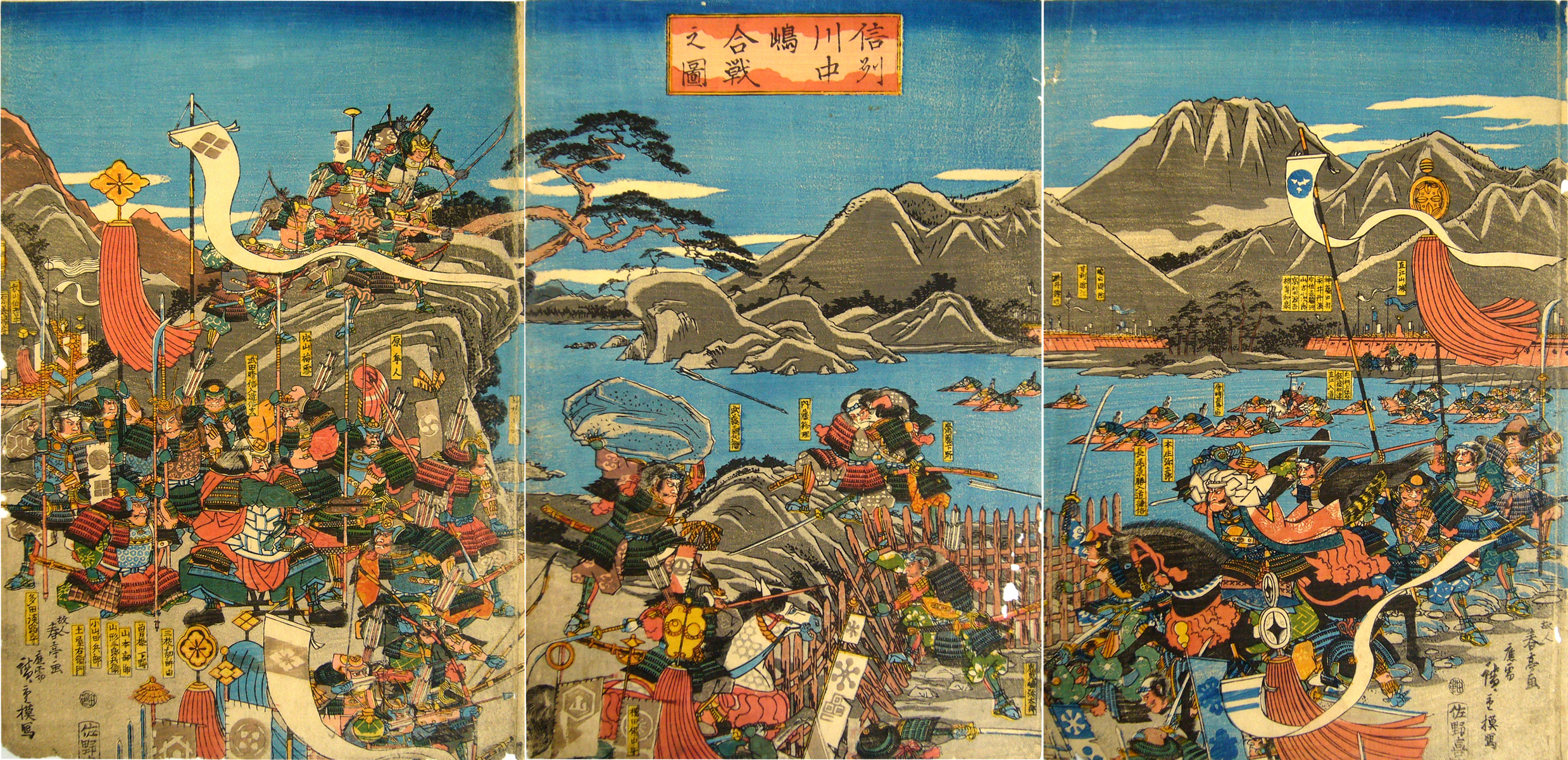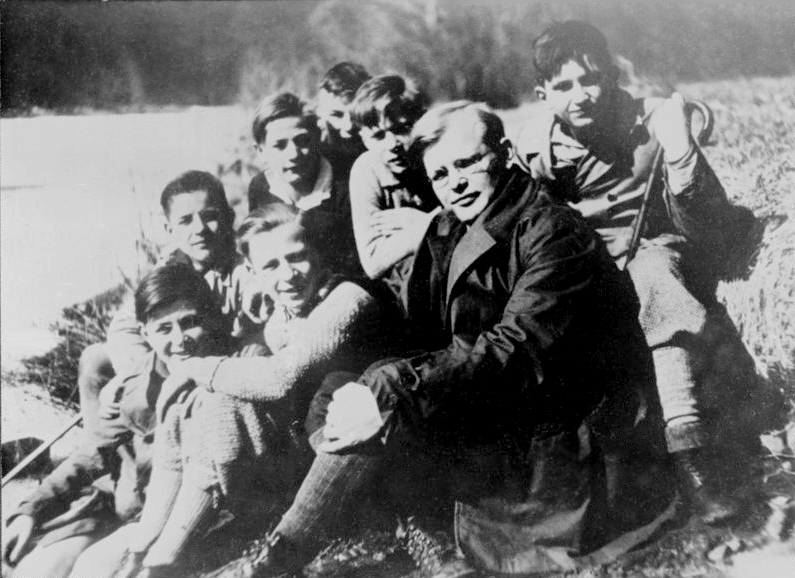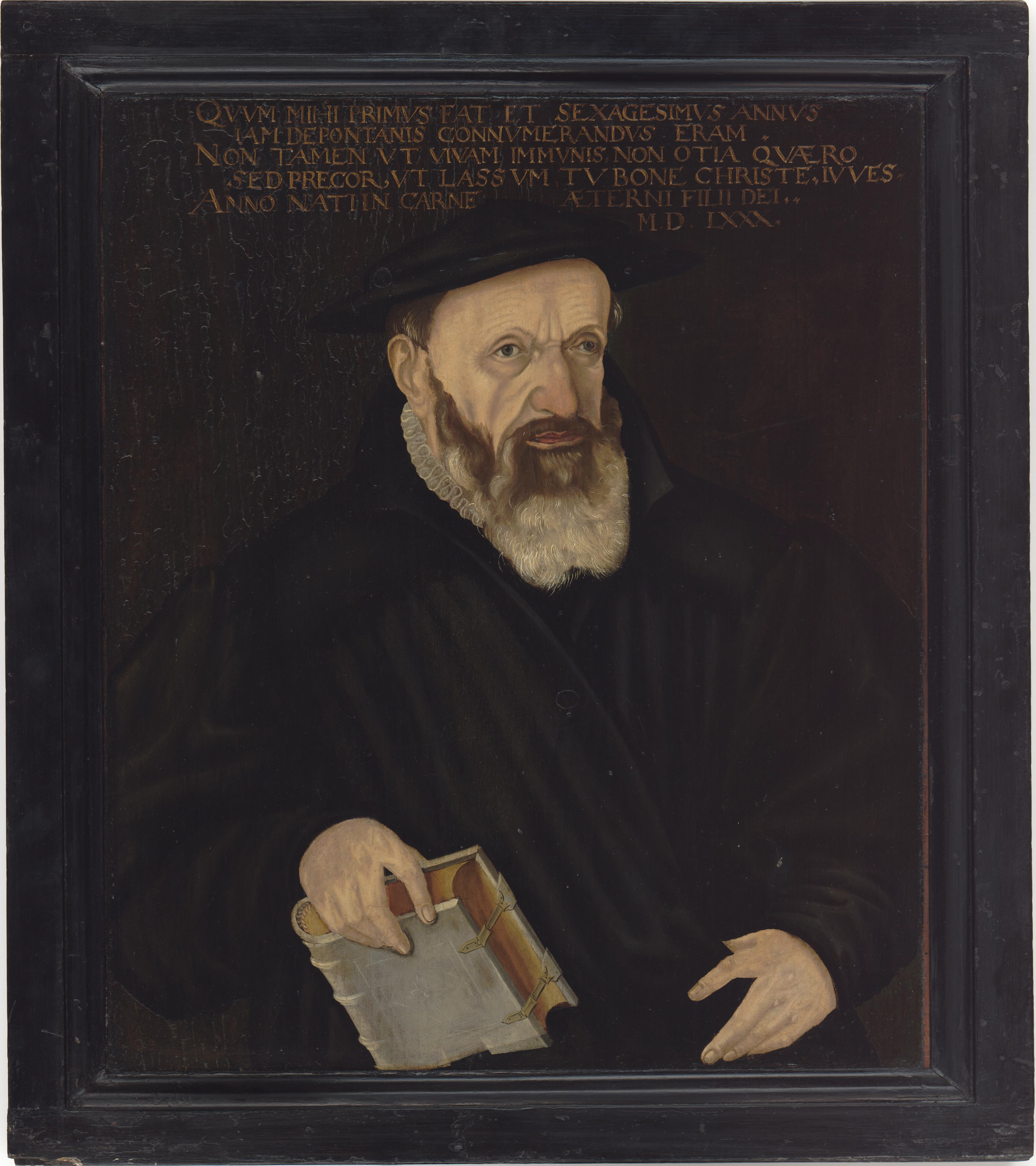|
Andreas Hyperius
Andreas Gerhard Hyperius (1511–1564), real name Andreas Gheeraerdts, was a Protestant theologian and Protestant reformer. He was Flemish, born at Ypres, which is signified by the name 'Hyperius'. Life He had a humanist education, and studied at Tournai and Paris. He was resident in England from 1536 to 1540, and in 1542 was appointed professor of theology at Marburg. Work Hyperius's theology lies between Lutheran and Reformed beliefs. Influenced by Martin Bucer, he was not a strict Lutheran. Jean Calvin endorsed his erudition. His work ''De formandis concionibus sacris'' (On the Making of Sacred Discourses) was the first Protestant text solely devoted to systematic homiletics, that is, to preaching considered as a branch of rhetoric. The ''Methodus theologiae'' is a selection from, and method for reading, the Church Fathers. In his overall approach, Hyperius sought a firm basis in the Bible, rigidly, and held that before practical theology can be put in force, it must be m ... [...More Info...] [...Related Items...] OR: [Wikipedia] [Google] [Baidu] |
Church Fathers
The Church Fathers, Early Church Fathers, Christian Fathers, or Fathers of the Church were ancient and influential Christian theologians and writers who established the intellectual and doctrinal foundations of Christianity. The historical period in which they worked became known as the Patristic Era and spans approximately from the late 1st to mid-8th centuries, flourishing in particular during the 4th and 5th centuries, when Christianity was in the process of establishing itself as the state church of the Roman Empire. In traditional dogmatic theology, authors considered Church Fathers are treated as authoritative, and a somewhat restrictive definition is used. The academic field of patristics, the study of the Church Fathers, has extended the scope of the term, and there is no definitive list. Some, such as Origen and Tertullian, made major contributions to the development of later Christian theology, but certain elements of their teaching were later condemned. Great Fa ... [...More Info...] [...Related Items...] OR: [Wikipedia] [Google] [Baidu] |
People Of The Habsburg Netherlands
A person ( : people) is a being that has certain capacities or attributes such as reason, morality, consciousness or self-consciousness, and being a part of a culturally established form of social relations such as kinship, ownership of property, or legal responsibility. The defining features of personhood and, consequently, what makes a person count as a person, differ widely among cultures and contexts. In addition to the question of personhood, of what makes a being count as a person to begin with, there are further questions about personal identity and self: both about what makes any particular person that particular person instead of another, and about what makes a person at one time the same person as they were or will be at another time despite any intervening changes. The plural form "people" is often used to refer to an entire nation or ethnic group (as in "a people"), and this was the original meaning of the word; it subsequently acquired its use as a plural form of p ... [...More Info...] [...Related Items...] OR: [Wikipedia] [Google] [Baidu] |
1564 Deaths
Year 1564 ( MDLXIV) was a leap year starting on Saturday (link will display the full calendar) of the Julian calendar. Events January–June * January 26 – Livonian War – Battle of Ula: A Lithuanian surprise attack results in a decisive defeat of the numerically superior Russian forces. * March 25 – Battle of Angol in Chile: Spanish Conquistador Lorenzo Bernal del Mercado defeats and kills the toqui Illangulién. * June 22 – French settlers abandon Charlesfort, the first French attempt at colonizing what is now the United States, and establish Fort Caroline in Florida. July–December * July – English merchant Anthony Jenkinson returns to London from his second expedition to the Grand Duchy of Moscow, having gained a considerable extension of trading rights for the English Muscovy Company. * September 4 – The Ronneby Bloodbath takes place in Ronneby, Denmark (now in Sweden). * September 10 – Battle of Kawanakaji ... [...More Info...] [...Related Items...] OR: [Wikipedia] [Google] [Baidu] |
1511 Births
Year 1511 ( MDXI) was a common year starting on Wednesday (link will display the full calendar) of the Julian calendar. Events January–June * March 26 - The 1511 Idrija earthquake occurs, with a maximum Mercalli intensity of X (''Extreme''). The epicenter is around the town of Idrija in present-day Slovenia, although some place it some 15-20 kilometers to the west, between Gemona and Pulfero in Friulian Slovenia. The earthquake affects a large territory between Carinthia, Friuli, present-day Slovenia and Croatia. * April 9 **St John's College, Cambridge, England, founded by Lady Margaret Beaufort, receives its charter. **The Şahkulu Rebellion breaks out in Anatolia. July–December * July – Henry VIII of England's flagship, the ''Mary Rose'', is launched at Portsmouth. * August 15 – Capture of Malacca: Afonso de Albuquerque of Portugal conquers Malacca, the capital of the Sultanate of Malacca, giving Portugal control over the Strait of ... [...More Info...] [...Related Items...] OR: [Wikipedia] [Google] [Baidu] |
Dietrich Bonhoeffer
Dietrich Bonhoeffer (; 4 February 1906 – 9 April 1945) was a German Lutheran pastor, theologian and anti- Nazi dissident who was a key founding member of the Confessing Church. His writings on Christianity's role in the secular world have become widely influential; his 1937 book '' The Cost of Discipleship'' is described as a modern classic. Apart from his theological writings, Bonhoeffer was known for his staunch resistance to the Nazi dictatorship, including vocal opposition to Hitler's euthanasia program and genocidal persecution of the Jews. He was arrested in April 1943 by the Gestapo and imprisoned at Tegel prison for one and a half years. Later, he was transferred to Flossenbürg concentration camp. Bonhoeffer was accused of being associated with the 20 July plot to assassinate Adolf Hitler and was tried along with other accused plotters, including former members of the ''Abwehr'' (the German Military Intelligence Office). He was hanged on 9 April 1945 as the Na ... [...More Info...] [...Related Items...] OR: [Wikipedia] [Google] [Baidu] |
Peter Baro
Peter Baro (1534–1599) was a French Huguenot minister, ordained by John Calvin, but later in England a critic of some Calvinist theological positions. His views in relation to the Lambeth Articles cost him his position as Lady Margaret's Professor of Divinity at the University of Cambridge. He was a forerunner of views, to be called Arminian or Laudian, more common a generation later in England. Life He was son of Stephen Baro and Philippa Petit, his wife, and was born December 1534 at Étampes, near Paris. Destined for the study of civil law, he entered the University of Bourges, where he took his degree as bachelor in the faculty of civil law 9 April 1556. In the following year he was admitted and sworn an advocate in the court of the Parliament of Paris. In December 1560 he moved to Geneva, and was admitted to the ministry by Calvin. Returning to France he married, at Gien. Guillemette, the daughter of Stephen Bourgoin, and Lopsa Dozival, his wife. He emigrated to England ... [...More Info...] [...Related Items...] OR: [Wikipedia] [Google] [Baidu] |
Joel (prophet)
Joel (; he, יוֹאֵל – ''Yōʾēl''; gr, Ἰωήλ – ''Iōḗl''; syr, ܝܘܐܝܠ – ''Yu'il'') was a prophet of ancient Israel, the second of the twelve minor prophets and according to the book itself the author of the Book of Joel. He is mentioned by name only once in the Hebrew Bible, in the introduction to that book, as the son of Pethuel ( Joel 1:1). The name Joel combines the covenant name of God, YHWH (or Yahweh), and El (god), and has been translated as " YHWH is God" or "one to whom YHWH is God," that is, a worshiper of YHWH. Life Some commentators suggest that Joel lived in the 9th century BCE, whereas others assign him to the 5th or 4th century BCE.Anderson, B.W. (1988), ''The living world of the Old Testament'', 4th edition. Harlow, UK: Longman. p.524 The dating of his book is similarly debated; there are no mentions of kings that might help locate it in time. The book's mention of Greeks has not given scholars any help in dating the text since the ... [...More Info...] [...Related Items...] OR: [Wikipedia] [Google] [Baidu] |
Rudolf Gwalther
Rudolf Gwalther (1519–1586) was a Reformed pastor and Protestant reformer who succeeded Heinrich Bullinger as Antistes of the Zurich church. Life Gwalther was born the son of a carpenter, who died when he was young. Heinrich Bullinger assumed responsibility for Gwalther's upbringing. He attended schools in Kappel, Basel, Strasbourg, Lausanne and Marburg and studied mathematics and poetry in addition to theology. He learned French and Italian in Lausanne. Landgrave Philip of Hesse brought the gifted student along to the Regensburg Colloquy in 1541. When he returned to Zurich, he received the pastorate of St Peter's Church to replace Leo Jud. He married Huldrych Zwingli’s daughter Regula (1524–1565). He was an inspiring and popular preacher. His sermons and biblical commentaries have been frequently printed and widely read. As Zwingli’s son-in-law, he sought to preserve the great reformer's heritage and remained true to his theological orientation. Gwalther's Latin ... [...More Info...] [...Related Items...] OR: [Wikipedia] [Google] [Baidu] |
Wethersfield, Essex
Wethersfield is a village and a civil parish on the B1053 road in the Braintree district of Essex, England. It is near the River Pant. Wethersfield has a school, a social club, a fire station and one places of worship. Nearby settlements include the town of Braintree and the village of Finchingfield. The village probably gets its name from a Viking invader named Wuthha or Wotha, whose "field" or clearing it was. Reverend Patrick Brontë, father of the Brontë sisters, was a young curate here in 1807, as was the Rev. John West, missionary to Canada, who married Harriet Atkinson here in 1807.John West in the |
Rhetoric
Rhetoric () is the art of persuasion, which along with grammar and logic (or dialectic), is one of the three ancient arts of discourse. Rhetoric aims to study the techniques writers or speakers utilize to inform, persuade, or motivate particular audiences in specific situations. Aristotle defines rhetoric as "the faculty of observing in any given case the available means of persuasion" and since mastery of the art was necessary for victory in a case at law, for passage of proposals in the assembly, or for fame as a speaker in civic ceremonies, he calls it "a combination of the science of logic and of the ethical branch of politics". Rhetoric typically provides heuristics for understanding, discovering, and developing arguments for particular situations, such as Aristotle's three persuasive audience appeals: logos, pathos, and ethos. The five canons of rhetoric or phases of developing a persuasive speech were first codified in classical Rome: invention, arrangement, ... [...More Info...] [...Related Items...] OR: [Wikipedia] [Google] [Baidu] |
Protestant Reformer
Protestant Reformers were those theologians whose careers, works and actions brought about the Protestant Reformation of the 16th century. In the context of the Reformation, Martin Luther was the first reformer (sharing his views publicly in 1517), followed by people like Andreas Karlstadt and Philip Melanchthon at Wittenberg, who promptly joined the new movement. In 1519, Huldrych Zwingli became the first reformer to express a form of the Reformed tradition. Listed are the most influential reformers only. They are listed by movement, although some reformers (e.g. Martin Bucer) influenced multiple movements. Notable precursors According to Edmund Hamer Broadbent, throughout the Middle Ages, there were a number of Christian movements that sought a return to what they perceived as the purity of the Apostolic church and whose teachings foreshadowed Protestant ideas. * Claudius of Turin * Gottschalk of Orbais * Berengar of Tours * Peter Waldo * Lorenzo Valla * Wessel Gans ... [...More Info...] [...Related Items...] OR: [Wikipedia] [Google] [Baidu] |

_1938.jpg)




.jpg)